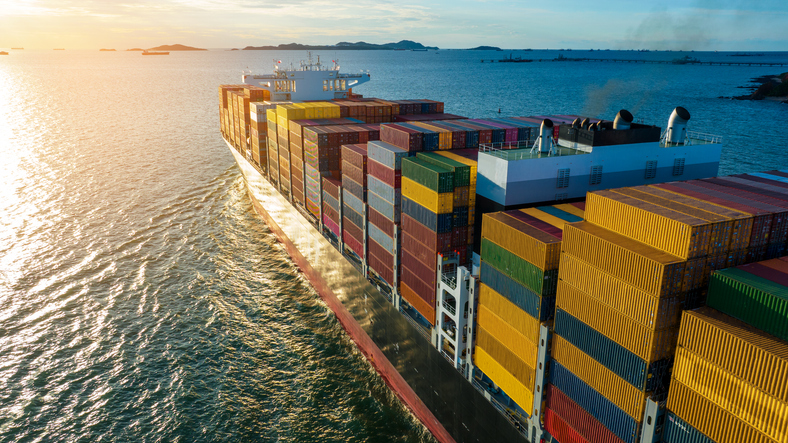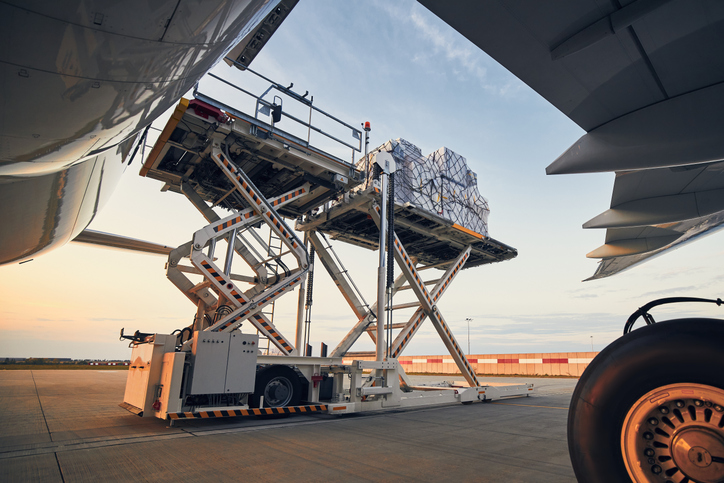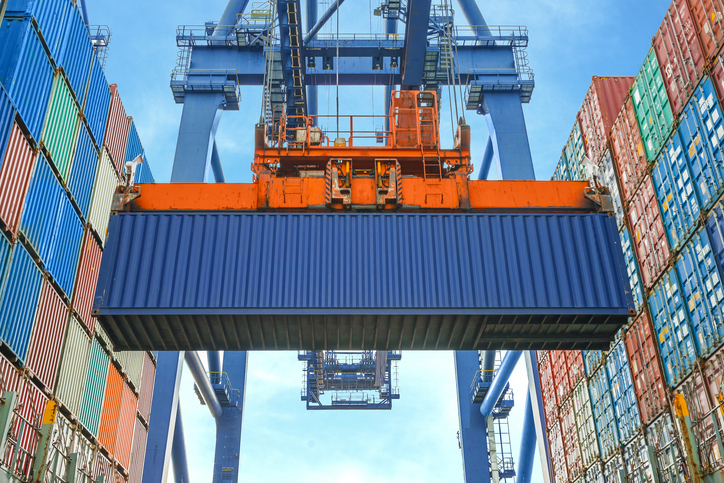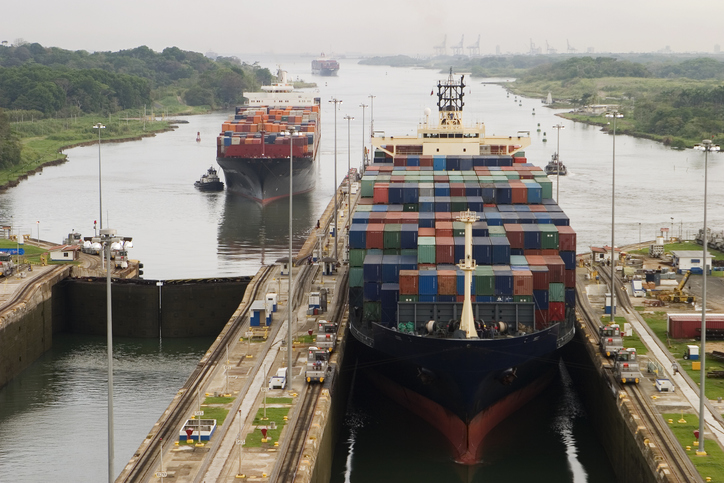
The Weekly Roar
In this week’s Roar: Spiking EU/ US air rates, sustainability regulations, more tariff talk for Canada and Mexico, a Panama Canal land bridge, and the increasing threat of supply chain scams.
Airfreight rates between Europe and the Americas have spiked in recent weeks, pushing up global air cargo prices. The main culprit seems to be reduced cargo capacity on these lanes, coupled with seasonal demand. For example, spot rates from Europe are 23% higher than they were at this time last year. Other key routes, such as Asia to the US and Europe are on the rise as well, although increases there are more moderate.
 Sustainability regulations and compliance are an ongoing challenge for companies. Many are struggling to accurately measure and report Scope 3 emissions because of limitations in their data and its complexity. As regulations become stricter globally, addressing these challenges is becoming an urgent issue. There’s a need to integrate sustainability into core supply chain operations and for companies to take advantage of advanced tools for tracking emissions, risks, and supply practices. Companies need to assess their readiness for ever-changing regulations and then align their operations accordingly to avoid penalties for noncompliance.
Sustainability regulations and compliance are an ongoing challenge for companies. Many are struggling to accurately measure and report Scope 3 emissions because of limitations in their data and its complexity. As regulations become stricter globally, addressing these challenges is becoming an urgent issue. There’s a need to integrate sustainability into core supply chain operations and for companies to take advantage of advanced tools for tracking emissions, risks, and supply practices. Companies need to assess their readiness for ever-changing regulations and then align their operations accordingly to avoid penalties for noncompliance.
Donald Trump announced plans to impose a 25% tariff on all imports from Canada and Mexico, plus an additional 10% on Chinese goods as soon as he takes office. These measures could disrupt the United States-Mexico-Canada Agreement (USMCA) and lead to retaliatory tariffs on US exports such as produce and chemicals. Experts are warning that the tariffs could increase inflation and harm manufacturers who are reliant on imported components. The move could also put pressure on companies to create standalone supply chains for the US, which could potentially increase inefficiencies and costs while straining global trade relations.
The Panama Canal Authority (ACP) is considering a land bridge to mitigate some of the disruptions caused by multiple persistent droughts. In recent years, they’ve reduced water levels, limiting vessel transport and draught capacity, significantly impacting global shipping operations. The proposed land bridge would transport cargo via road or rail across Panama, bypassing bottlenecks at the canal during drought season. The ACP is also looking to implement water saving measures in the hopes of optimizing the canal’s usage.
The increasing threat of phishing and double brokering scams continues to trouble global supply chains. Double brokering scams occur when the origin or destination of goods is misrepresented. To safeguard against these risks, companies need to invest in robust cyber security measures, including advanced phishing detection tools and employee training that will help them recognize potential phishing attempts.
For the rest of the week’s top shipping news, check out the article highlights below.









